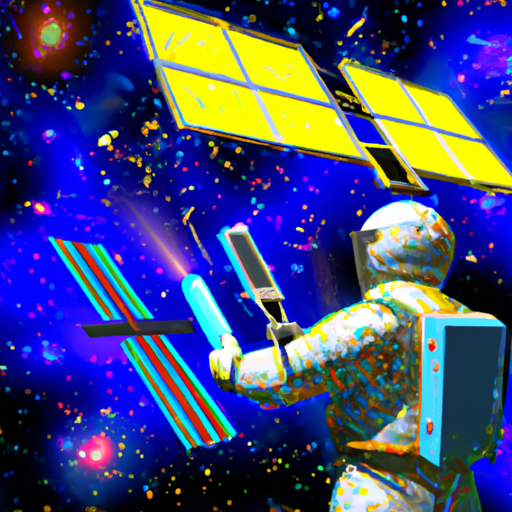In recent years, remote sensing technologies have undergone remarkable advancements, paving the way for innovative solutions across various sectors. As we delve into the future of these technologies, it is essential to understand how they play a vital role in earth observation and data collection.
What is Remote Sensing?
Remote sensing refers to the science of obtaining information about objects or areas from a distance, typically using satellite imaging or aerial photography. These technologies utilize sensors to capture data about the Earth’s surface, enabling experts to analyze and interpret that information for practical applications.
Applications Across Industries
The impact of remote sensing is evident in several industries:
- Agriculture: Farmers are leveraging remote sensing to monitor crop health, manage resources efficiently, and enhance yield.
- Environmental Conservation: Scientists use remote sensing to track changes in vegetation, deforestation, and wildlife migration patterns.
- Urban Planning: City planners benefit from satellite data to analyze land usage, traffic patterns, and environmental impact.
- Disaster Management: Remote sensing technologies aid in assessing natural disasters, allowing for quick responses and efficient resource allocation.
The Role of GIS in Remote Sensing
Geographic Information Systems (GIS) play a crucial role in interpreting the vast amounts of data obtained through remote sensing. GIS technology integrates this data, providing analyses that inform decision-making processes across various fields.
Future Innovations
The future of remote sensing technologies looks promising. With the advent of artificial intelligence and machine learning, data analysis is expected to become more robust and insightful, providing unprecedented accuracy in predictions and assessments.
As industries continue to embrace remote sensing technologies, the potential for innovation only grows. The integration of these technologies will undoubtedly lead to improved efficiency and sustainability in practices critical to our planet’s future.
Conclusion
As we move forward, the importance of remote sensing and related technologies will be paramount in our efforts to understand and protect the environment. Continuous advancements in this field will enhance our ability to make informed decisions, ensuring a sustainable future for generations to come.
Stay tuned for more updates on the latest advancements in remote sensing technologies and their impact on various industries.





